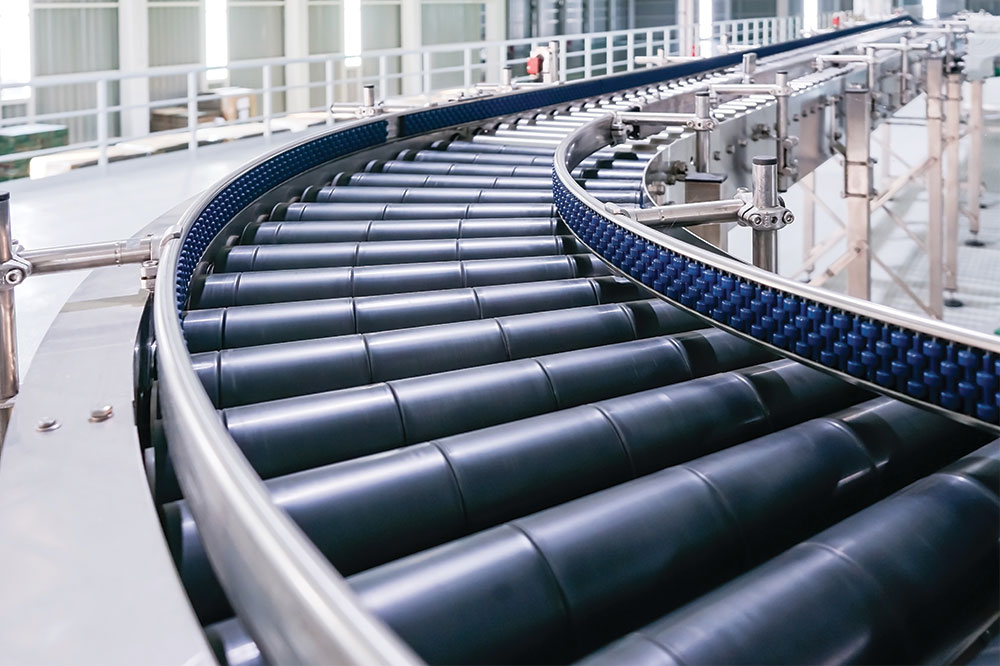Enhancing Mexican Manufacturing with Automation Technologies
This article explores how automation tools are transforming manufacturing in Mexico by enhancing efficiency, quality, and safety. It highlights various automation types, their applications, and how they solve common production issues, enabling factories to boost productivity and reduce costs effectively.

Global manufacturing is undergoing a significant transformation, driven by technological advancements. Factories worldwide are increasingly adopting automation solutions to improve efficiency, cut costs, and reduce waste. This article delves into various automation tools, their types, and how they address common production challenges.
What Are Automation Tools?
Automation tools facilitate the management and execution of industrial tasks, spanning areas such as quality assurance, testing, workflow management, data handling, personnel oversight, and customer service.
Incorporating automation reduces human errors, enhances process consistency, and boosts operational efficiency by delivering greater precision across production lines.
Categories of Automation Tools
Various automation solutions cater to different manufacturing needs, which can be broadly segmented into:
Fixed Automation: Designed for high-volume production, fixed automation involves specialized machinery that determines process speed and order, ideal for mass-producing items like chemicals or automotive parts.
Programmable Automation: Suitable for smaller batches or varied products, programmable automation allows adjustments through software changes. Programmable logic controllers are common examples, though setup changes may require downtime.
Flexible Automation: In today's dynamic market, flexible automation systems are vital. They adapt quickly to changes in product design or volume, minimizing downtime and enabling real-time adjustments. Robotics and network-controlled systems exemplify flexibility, enhancing speed, accuracy, and scale in modern manufacturing.
Other notable automation tools include:
SCADA: Supervisory control and data acquisition systems gather operational data, allowing real-time monitoring and optimization of processes like water treatment, pipelines, and chemical plants.
HMI: Human-machine interfaces connect operators with machinery, facilitating better control and management of production systems.
Neural Networks: These AI models analyze data to optimize processes or predict outcomes, especially useful in finance and data processing.
DCS: Distributed Control Systems oversee multiple industrial processes simultaneously, common in power plants, traffic management, and water systems.
How Automation Resolves Production Challenges
As manufacturing in Mexico expands, automation becomes crucial for streamlining operations and overcoming issues like quality inconsistencies and long lead times. Automation tools contribute by:
Increasing productivity: Flexible automation reduces changeover times, enabling continuous, around-the-clock production, boosting output efficiency.
Enhancing product quality: Automated systems ensure accurate results, minimizing human error and complying with quality standards for uniform products.
Lowering operational costs: While initial investments may be high, automation reduces labor expenses and material waste, paying off over time with increased throughput.
Promoting safety: Automation decreases human exposure to hazards, supporting compliance with safety regulations such as Mexico’s Occupational Safety standards.
Facilitating data analysis: Real-time data collection assists in performance tracking and strategic decision-making for profit maximization.
Improving customer confidence: Consistent, high-quality products build trust and satisfaction among customers, strengthening brand reputation.
Note: Our blog offers broad insights into manufacturing topics. While our research aims to provide accurate information, readers should verify data independently. The site is not responsible for discrepancies or benefit comparisons outside our coverage.









